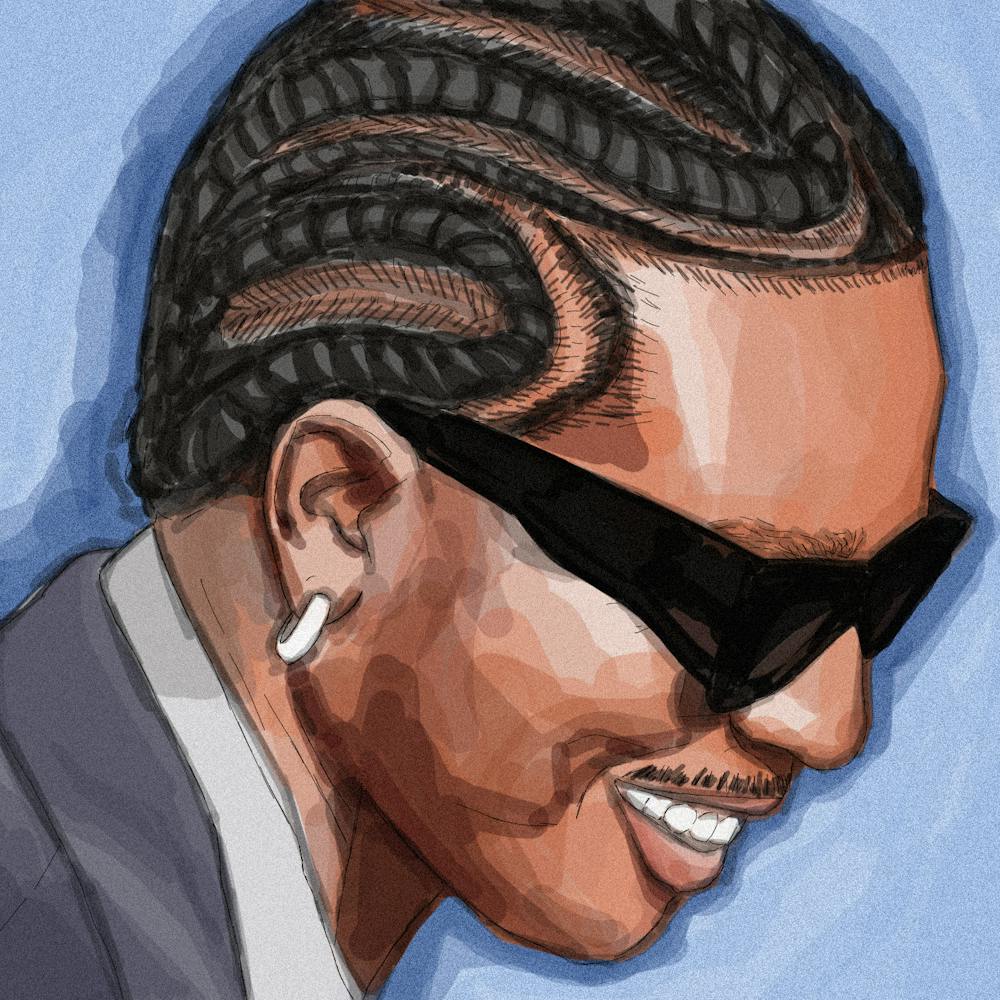Fifty-nine percent of Michigan State University seniors had a graduation outcome of “employed” in 2020; according to the University of Washington, an estimated 53% of all college graduates are unemployed or underemployed — when they have a job, but their position does not utilize their skills or abilities.
In a cultural climate that heavily associates prestige and success with employment, navigating changing career plans can be hard. For students like international relations and German senior Cassidy Johnston, not having a job lined up immediately after graduation feels strange.
“As an (international relations) major … the jobs don’t seem to be released on the same timeline that an engineering (job) would be released on,” Johnston said. “It’s kind of awkward to graduate in May. It seems that there are less jobs related to what I specifically want to do.”
Johnston, who enrolled in MSU planning to pursue law, said she needs a break from school now. While currently in the process of looking for a job, she said, the stigma surrounding unemployment weighs on her.
“I’m someone who is a perfectionist, so for me to seem like I’m not where I’m supposed to be is kind of hard,” Johnston said. “I know a lot of people go through this, so it’s something I have to deal with.”
International relations and Spanish senior Joy Cullen said the job market for social science degrees is always “a little bit hairy.”
With fears over recession and the plight of the economy, Cullen said she feels it is getting increasingly difficult to find jobs.
Cullen added that the pressure to go directly into the workforce is immense.
“I mean, we’ve definitely all heard of the stereotype of the (political science) graduate that moves back in with their parents after graduation,” Cullen said. “There’s also a tendency to do the humble bragging thing, where … people talk about all these amazing things that they’re (doing) after graduation. That puts a lot of pressure on everyone else who isn’t quite as vocal about their plans.”
Human biology senior Sanjana Sahoo said her original plan of becoming a doctor evolved when she considered taking a couple gap years. She wanted more time to not only get in touch with the medical field and patient care, but also use that space to work on herself.
“I’ve applied to a research position that I plan on working for in the next couple years,” Sahoo said. “Other than that, I kind of want to do hobbies that I really didn’t get a chance to do during the school year, like reading, spending more time with family, and travel, if I get the chance.”
Sahoo, who is South Asian, noted the mindset of going directly from an undergraduate program to medical school is especially common in her community. Parents apply pressure to “grow up, be successful and start a family,” she said, but this norm is changing.
Slowly, people are beginning to realize that there are various paths to the same goal, Sahoo said.
Cullen said both the pandemic and campus mass shooting had an impact on her college experience and career outlook. In addition to the effect COVID-19 had on the job market, she said, it was harder to join extracurriculars and make connections.
“We shouldn’t have to be worried about shootings or potentially losing our lives or having to grieve the loss of fellow students,” Cullen said. “That is not part of the college experience. I think, in a sad way, it definitely had a big impact.”
Johnston said COVID-19 made it harder to meet with advisors and acclimate to campus. For younger students, she recommends beginning career planning earlier.
Sahoo said having tough conversations about your future, especially with parents, helps in the long run.
“I want to emphasize that things do work out even if they don't seem like it,” Sahoo said. “I had a whole plan … I wanted to do research, schedule (perfectly) and none of that happened … I learned so much more through not getting what I wanted.”







